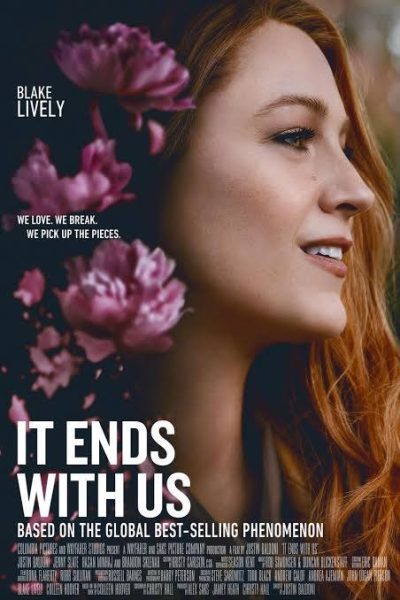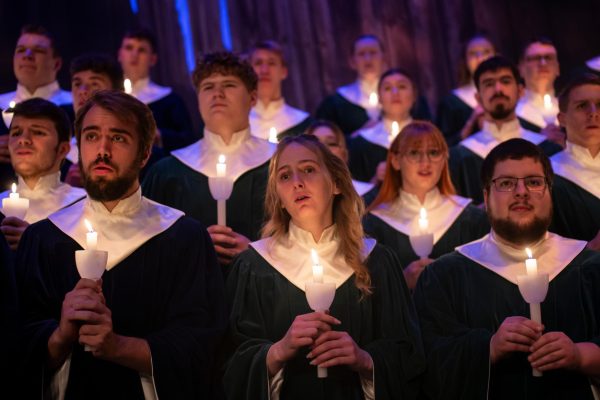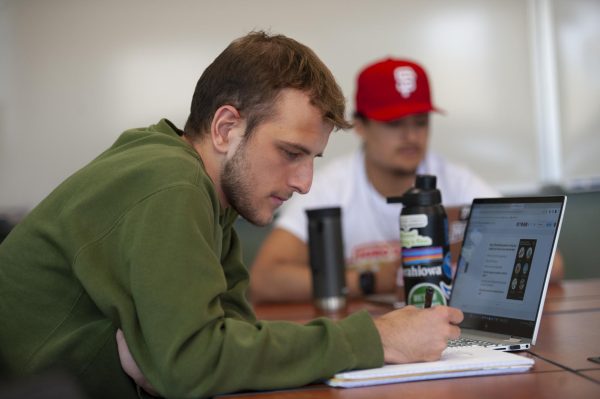Violence against women is a human rights issue
**Trigger Warning**: this article contains content related to sexual assault, sexual harrassment, and violence.
“Of course not all men are abusers, but all men are part of the solution.” — Jenny Jones
On March 10, 2021, a study conducted by UN Women UK revealed that 97 percent of women ages 18 to 24 have been sexually harassed. This comes just one day after Metropolitan Police Officer Wayne Couzens was arrested for the kidnapping and murder of Sarah Everard in south London.
Following Everard’s disappearance in early March, police officers doled out their usual response, requesting that women be careful and not venture out alone. Green Party politician Jenny Jones voiced her thoughts that it would be better to impose a curfew on men to stop them from committing crimes.
She received misogynistic backlash from her colleagues and strangers on the internet.
Across the globe in Georgia, within days of the outrage and crimes in the UK, eight people, six of whom were Asian-American women, were murdered by Robert Aaron Long. Long indicated to investigators that he had a “sex addiction” and claimed that the spas were a “temptation” he wanted to eliminate.
These crimes, fueled by racism and sexism, exemplify the ways in which society will excuse the actions of men, and instead shift the blame of their actions onto women.
In response to these heinous crimes and the study that reflects the prevalence of sexual harassment towards women, women are outraged. Hurt. Scared. Yet, we are hearing from the people around us that it is not all men.
Women are aware that it is not all men; we don’t need you to remind us. But let me remind you: it is 97 percent of women. And it is not our job to make this information digestible for you. It is not our job to sugarcoat the pain and suffering of women in a way that doesn’t offend men.
But moreover, this is not something men can separate themselves from, just as women cannot categorize which men to trust or which men are good and bad. So, you may not be one of the bad guys, but you can’t be one of the good guys without listening to the stories of women and helping to reform the society that harms them.
This is not just a women’s issue. It is also a men’s issue. Because this is a human rights issue.
In 2016, the World Health Organization declared violence against women as a public health crisis, and endorsed a global action plan strengthening the role of health systems in addressing interpersonal violence, in particular against women, girls, and children.
It’s been five years since 2016. More so, it is currently Women’s History Month. Yet, there is evidence of the dehumanization and objectification of women all around me.
There is an argument threaded throughout this whole article, but really the truth is that these are just facts. These are just statistics. These are just current events.
Whether by the horrifically racist reflection of the fetishization of Asian women, or by the hands of the people that are supposed to protect us, or by the ignorance that preaches not all men, women are being silenced.
So, for the remainder of Women’s History Month and beyond, let’s not only be attentive to women’s stories, but also create a dialogue about solutions to their sufferings. Because ending violence against women, as well as misogyny, is a collaborative task that requires acknowledgment, empathy, and compassion.
Opinions expressed in columns and letters are those of the author(s) and do not necessarily reflect the opinions of Chips or organizations with which the author(s) are associated.





